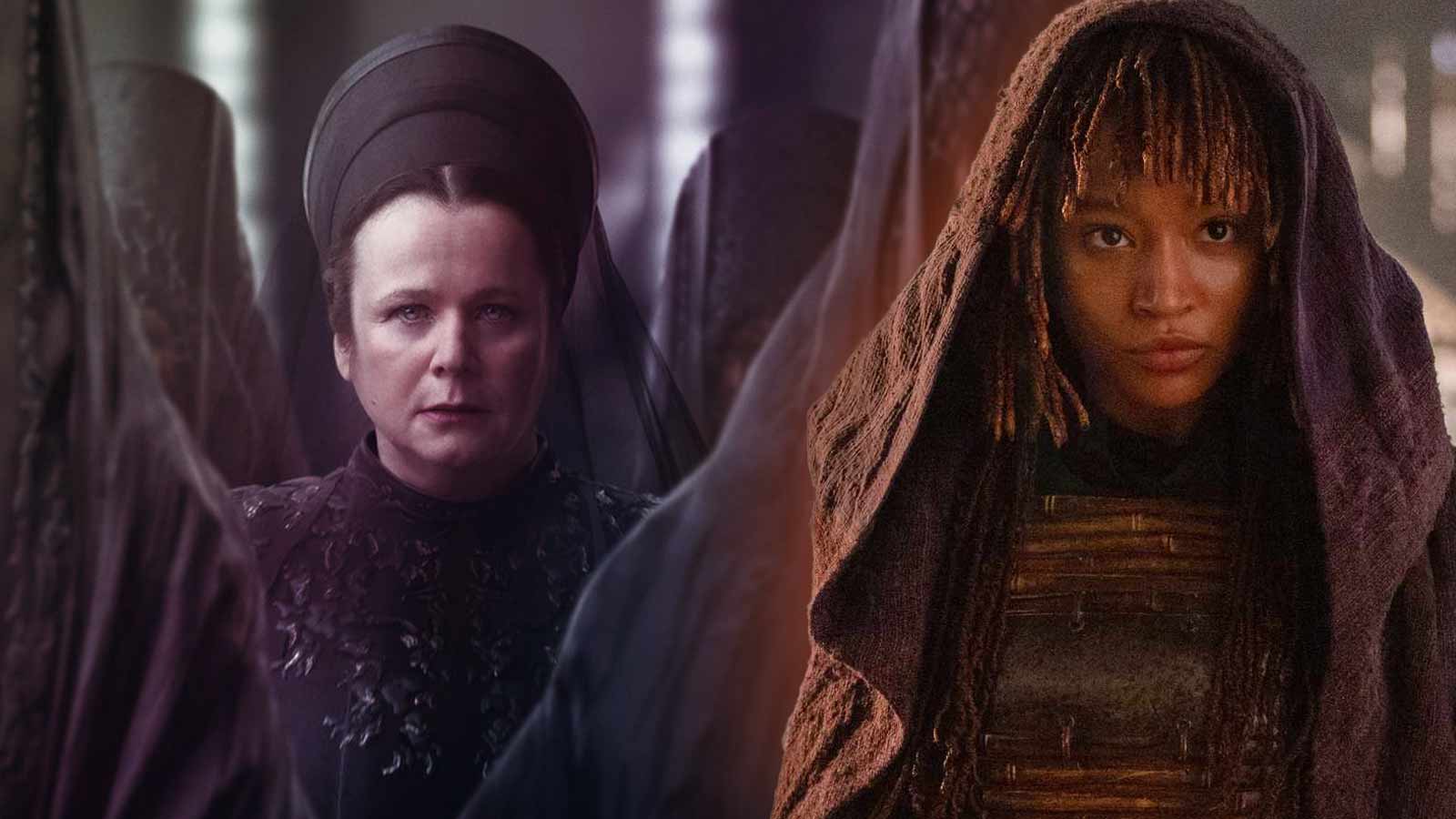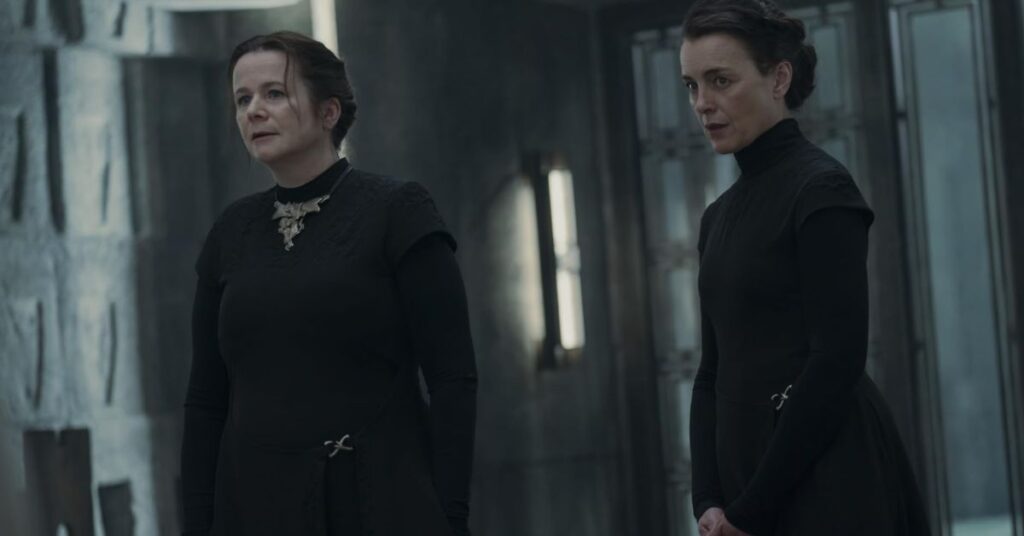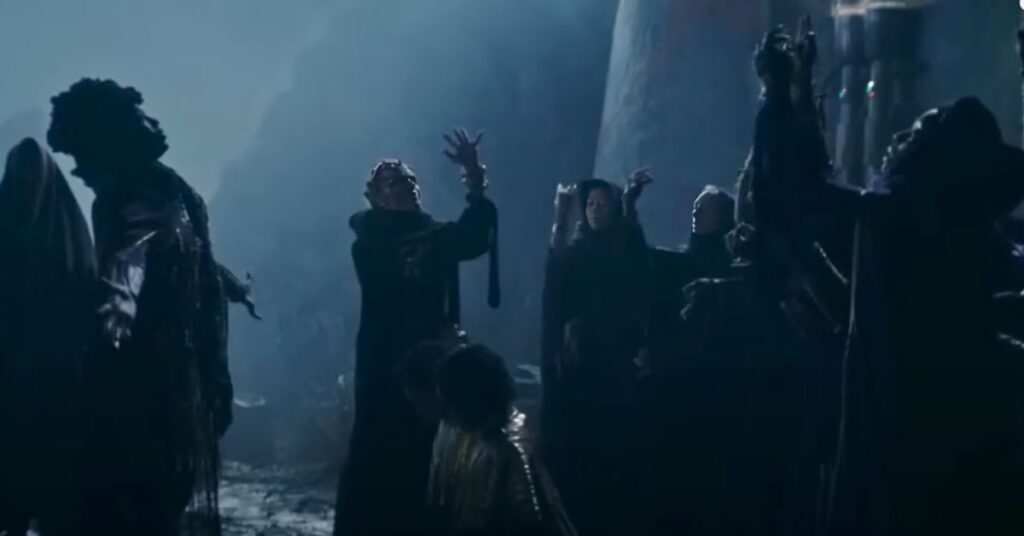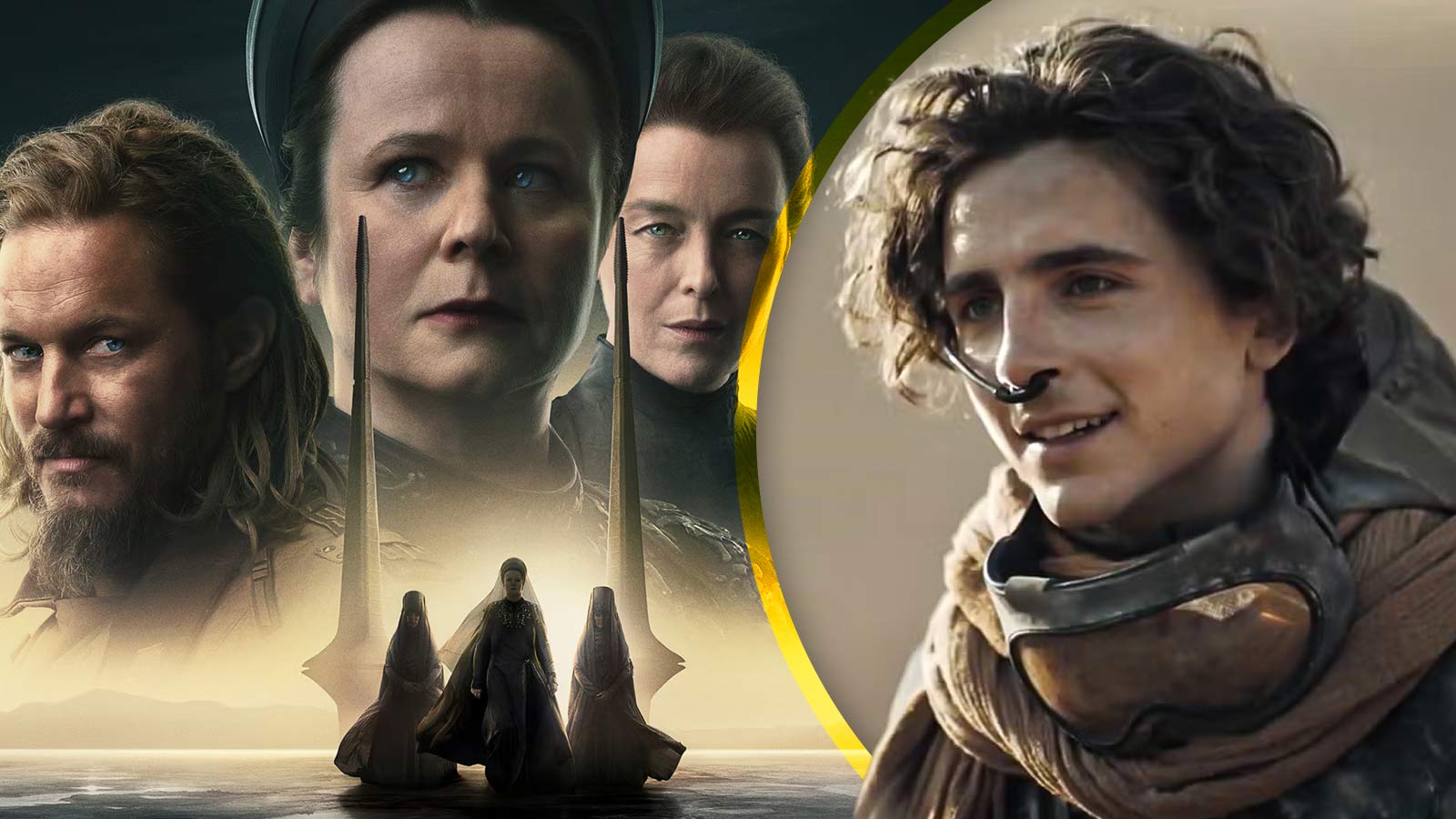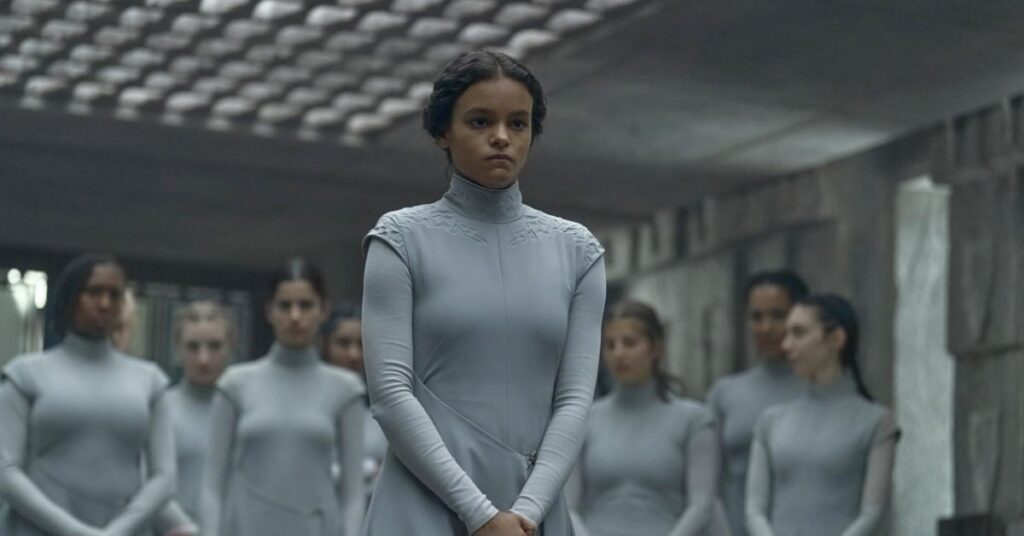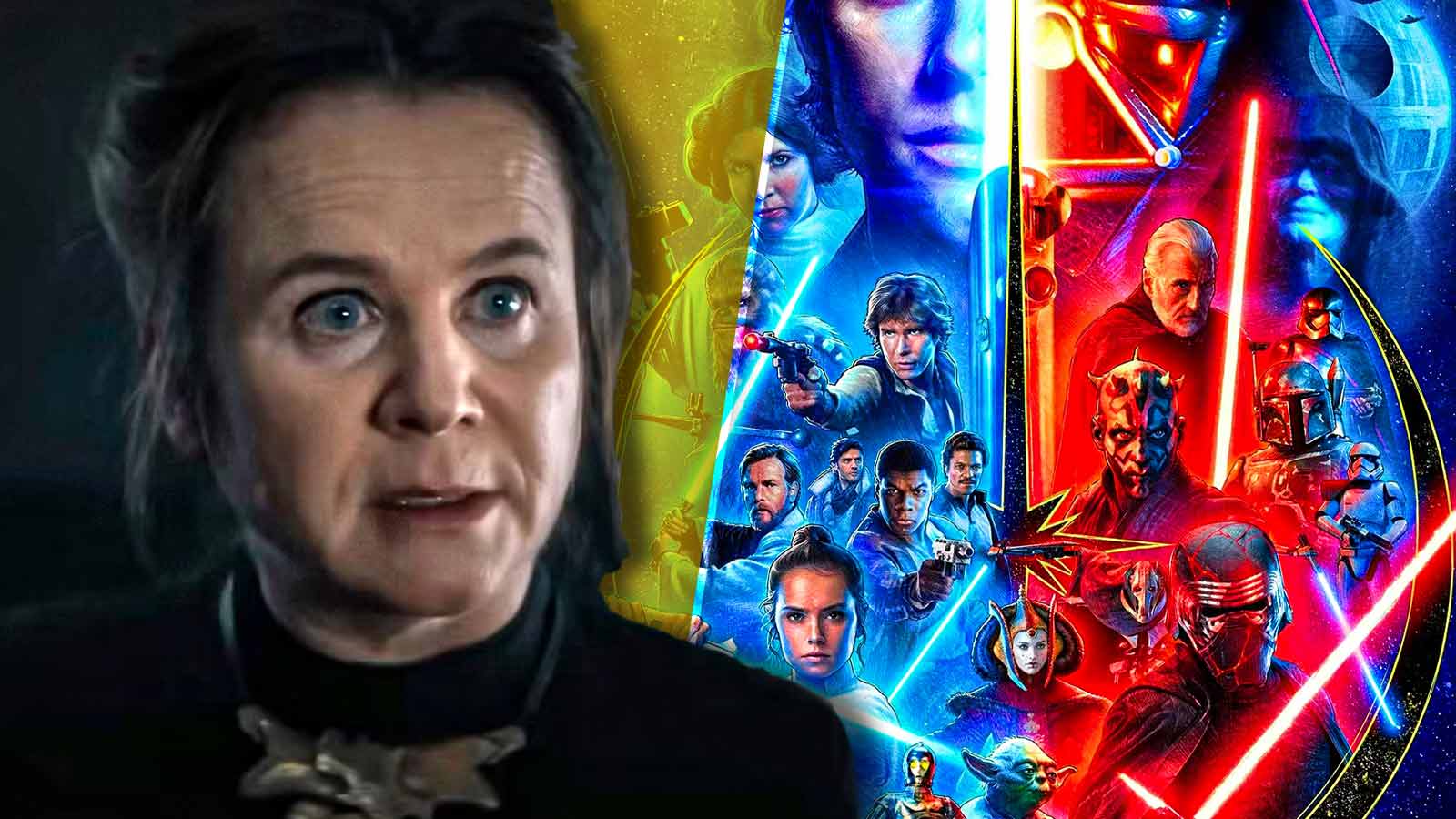‘Dune: Prophecy’ Would Earn Entire Fandom’s Respect For 1 Scene Alone that The Acolyte Hugely Messed Up
- 'Dune: Prophecy' takes a thoughtful approach to its crucial scenes, avoiding harmful stereotypes.
- Olivia Williams' shares dealing one sequence in 'Prophecy' better than how 'The Acolyte' dealt "The power of one, the power of two, the power of many!" scene.
- Emily Watson 'Dune: Prophecy's mature tone and serious treatment of its sci-fi material.
The sci-fi genre has its fair share of hits and misses as of late as franchises attempt to build their respective universes through TV series. HBO’s upcoming series Dune: Prophecy and The Acolyte from Disney+ are stories in similar territories focused on powerful women orders with extraordinary skills, but their approaches are quite different from each other.
As the prequel to Dune movies, Prophecy revolves around the Harkonnen sisters, who establish the Bene Gesserit order. On the other hand, The Acolyte explored the High Republic era of Star Wars and gave its own spin on the mystical powers of the universe. But one scene especially shows how differently these shows deal with similar content.
How Dune: Prophecy Tackles a Crucial Scene with Care Unlike The Acolyte
In what seems like an important moment of the series, Dune: Prophecy, there is a scene in which Sister Tula Harkonnen, played by Olivia Williams, shows young acolytes of Sisterhood how to go through an intense subconscious exploration.
During the scene, Tula tries to bring back the acolytes to consciousness, and they show physical signs of fear. During an interview with Radio Times, Emily Watson, who plays Mother Superior Valya, describes this scene as “terrifying.”
Williams took a thoughtful approach toward the sequence rather than using a typical process. Speaking to Radio Times, she expressed “strong feelings” about avoiding harmful stereotypes. She said,
I had some very, very strong feelings about how that scene should unfold, because the depiction of hysteria in women is such a troubled area, that truth comes out of a form of feminine madness. I just didn’t want to perpetuate that myth.
She added,
I didn’t want it to end up being like [Arthur Miller’s play The Crucible]. I didn’t want it to be women shaking and seeing the devil and it being some kind of hysteria. The word hysteria is based in the word for uterus – it’s the same root of the word – and I wanted it to have a more muscular feel than a uterine one!
Williams credited the production team as well, who worked together to realize her vision. However, it looks like Dune: Prophecy‘s approach is opposite to how The Acolyte approached its heavily criticized “The power of one, the power of two, the power of many!” scene.
During The Acolyte’s 3rd episode at Mae and Osha’s accession ceremony, the coven repeatedly chants those words. Adding to that, there is an over-the-top choir backing going on that seemed more like a musical parody than something else.
Emily Watson Compares Dune: Prophecy With The Acolyte
This difference in approach shows how Dune: Prophecy wants to deal with its material in a more serious manner. While The Acolyte’s scene has become content for memers, the Prophecy team focused on producing something more grounded and meaningful.
Emily Watson didn’t mince words when she discussed what sets Dune: Prophecy apart from other sci-fi shows, particularly Star Wars. She told Total Film (via Games Radar),
It’s a very interesting palette because it’s not childish… it’s not like Star Wars. It has a moral complexity, which is interesting.
The complaints critics and fans had with The Acolyte were lazy writing, inconsistent lore, and underdeveloped characters. Viewers felt that the way the show used flashbacks deviated it from the main narrative. Besides that, disregarding Star Wars canon is one more big reason for its failure.
While Dune: Prophecy has not aired yet, Olivia Williams and Emily Watson’s words suggest that the makers were committed to providing thoughtful storytelling, and the mature tone of the show will hopefully resonate beyond the superficial entertainment value.
Dune: Prophecy will be released on HBO and Max on November 17, 2024.

